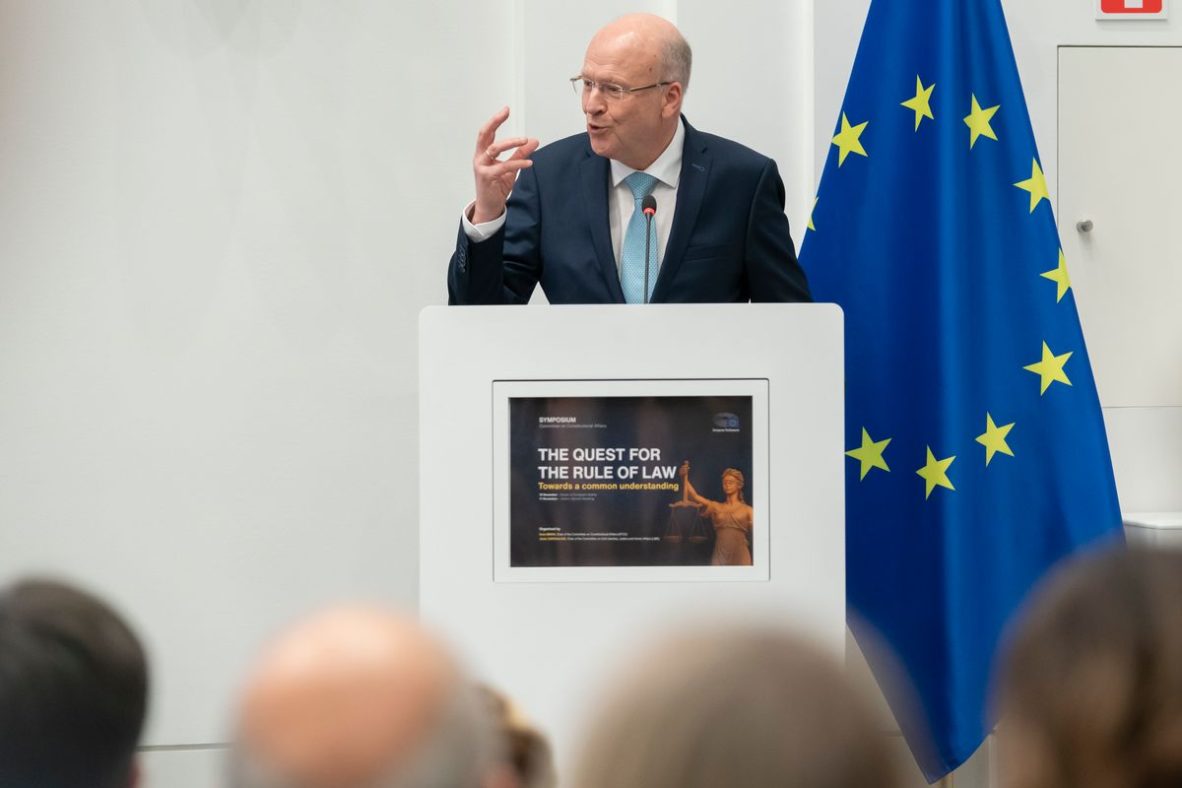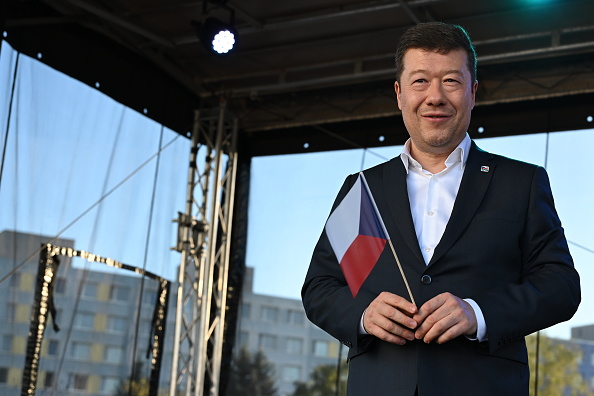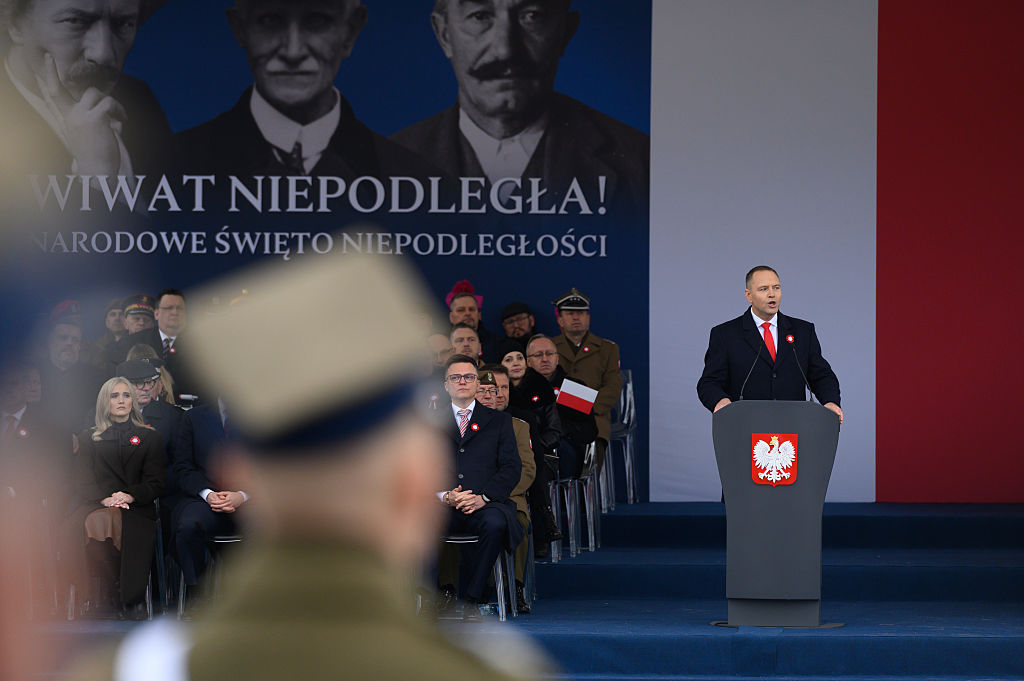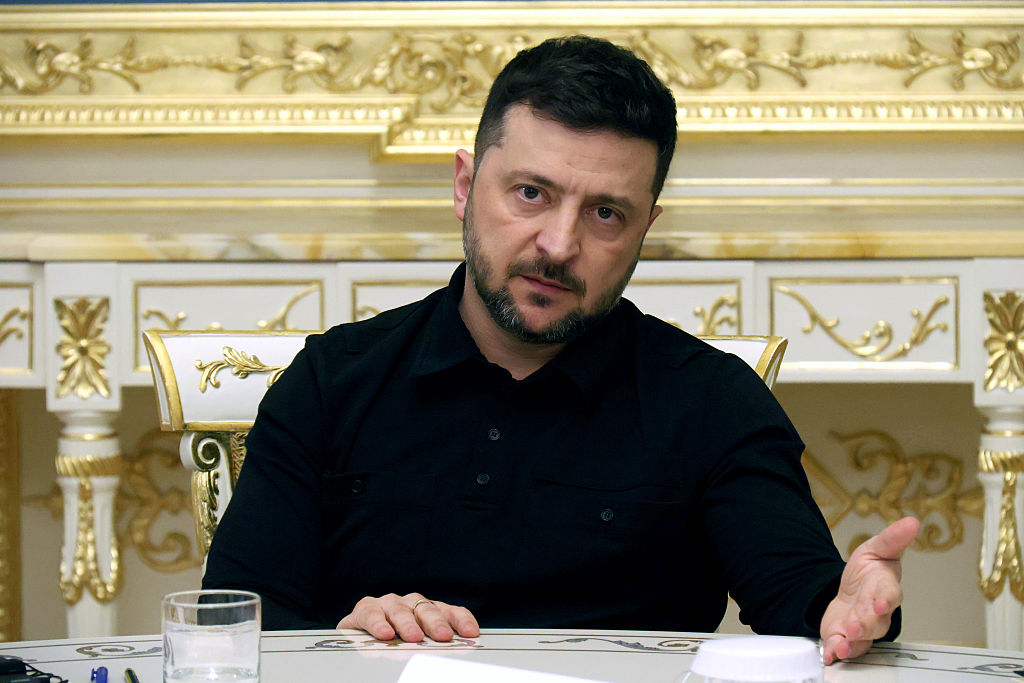Brussels launches new LGBTQ+ strategy targeting hate speech, conversion therapy
The five-year plan comes as conservatives gain ground in the EU capital and across Europe

The EU pledged on Wednesday to crack down on hate speech and conversion therapy as part of the Commission’s new LGBTQ+ strategy, but civil society groups say it lacks teeth.
The five-year strategy, unveiled by equality chief Hadja Lahbib, lands amid a transformed European political landscape, with conservative forces gaining ground in both Brussels and EU countries.
“Although there is a clear backlash, the Commission and the Union are committed to staying this lighthouse of hope – a union of equality,” Lahbib told journalists in Strasbourg, presenting the new strategy in a rather empty press room.
The previous LGBTQ+ strategy in 2020 included a proposal to add hate speech to the list of EU crimes, but five years later, the initiative remains blocked by member states.
In the new strategy, the Commission proposes plans to bypass the Council’s blockage by introducing a smaller-scope EU law to harmonise the definition of hate offences committed online across the bloc.
Under the EU’s flagship Digital Services Act (DSA), major social media platforms, including Meta, X, and TikTok, have signed a Code of Conduct to curb illegal hate speech online. The code requires platforms to provide clear tools for users to flag content they believe amounts to hate speech.
However, the DSA does not define what constitutes hate speech, leaving that up to each platform’s own terms and conditions. It remains unclear how the DSA code will interact with the new LGTBQ+ strategy.
One million signatures in favour of ban
On the topic of “conversion therapy”, Lahbib announced that the Commission will be working with EU countries to end the “harmful” practice targeting LGBTQ+ people, but fell short of promising a full ban.
She affirmed that “conversion practices are not therapy”, and cause mental and physical harm, affecting 1 in 4 LGBTQ+ people across the bloc. Still, she stressed that the Commission must work with member states “in full respect of their competences.”
Civil society groups and citizen-led initiatives have mounted pressure on the EU for a full ban. Conversion therapy is still practised – and not explicitly banned – in several member states, including Poland and Hungary.
Too little too late
For civil society network ILGA-Europe, the strategy as a whole “fails to meet the urgency of the moment,” and falls behind the ambition of the first EU Equality Strategy.
“This cautious approach will not protect LGBTQ+ people who are facing increasing discrimination, violence and state-sponsored hostility across the EU,” said Katrin Hugendubel, ILGA-Europe’s advocacy director.
“The Commission must use every tool it has – legal, political and financial – to defend LGBTQ+ rights,” she added.
EXCLUSIVE: EU commissioners asked to skip Budapest Pride over fears of Orbán backlash
Ursula von der Leyen’s office has recommended that her team of commissioners avoid attending a…
4 minutes
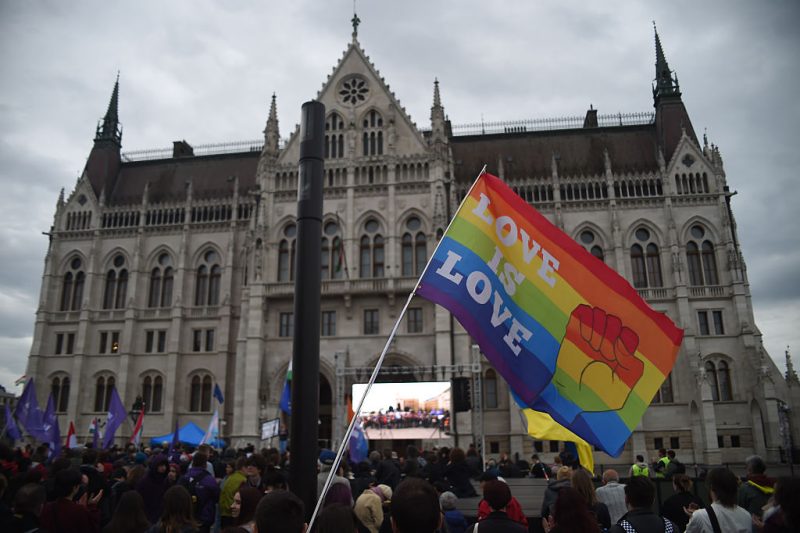
Asked about expected pushback from certain member states, namely Hungary, Lahbib took aim at Budapest.
“Citizens must also understand that the EU is a union of values,” Lahbib said, referring to the 18 billion of EU funds Brussels has withheld from Budapest.
Hungary is already subject to multiple Commission infringement procedures for having breached common EU rules, including on the treatment of the country’s LGBTQ+ community. Earlier this year, Hungary adopted a law banning Pride marches, and Commissioners were instructed not to attend Budapest Pride.
Responding to criticism from Hungary, Lahbib reiterated that “no country was forced to join the EU” and said the Commission will provide additional funding to support NGOs and civil society organisations operating in Hungary.
Anupriya Datta contributed to this report
(bms, mm)




